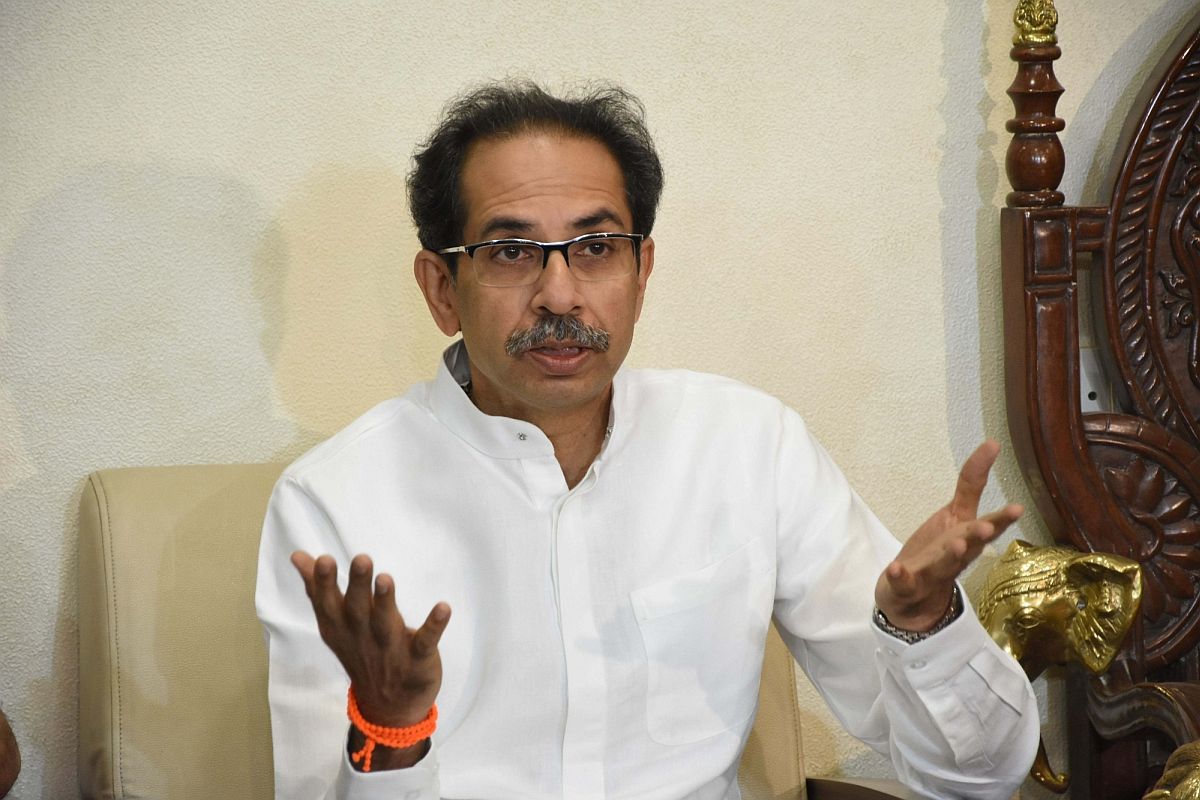Shiv Sena on Friday targeted the Centre over India slipping in the Democracy Index 2019 saying that there have been attempts to muzzle dissenting voices which is one of the reasons for the same.
An editorial in Sena mouthpiece “Saamana” said a slowdown in the economy gives rise to unrest and instability, and this was getting reflected in the prevailing situation in the country.
Advertisement
“Now (after an economic slowdown) there is a slide in (India’s) global democracy index ranking,” the Marathi daily said.
The ruling party in Maharashtra further said that there have been protests and attempts to muzzle dissenting voices. “Those who showed sympathy with JNU students (attacked by goons) were put in the dock and were made to look like an accused,” it said.
“This is the reason India slipped to 51st position in the Democracy Index, the editorial said and wondered if the ruling party at the Centre and its supporters accept the current situation.
“Even if the government rejects the (EIU) report, does the ruling party have an answer as to why the country was witnessing a slide, from economic field to democracy (ranking)?” former BJP ally asked.
Shiv Sena questioned why the Centre was asking money from the RBI when it thinks that the country is doing well on the economic front. This was in reference to the Centre’s decision last year to seek Rs 1.76 lakh crore from the RBI.
It is good to have a goal of making India a five trillion dollar economy (by 2024), but the GDP is not likely to grow by even 5 per cent in the current fiscal year, the party said.
India fell 10 notches to settle at the 51st rank out of 167 countries on the Democracy Index 2019, a listing of the most and the least democratic nations published annually by The Economist Intelligence Unit, a news and general affairs publication.
India’s overall score fell from 7.23 in 2018 to 6.90 in 2019 while the average global score fell from 5.48 in 2018 to 5.44 (on a 0-10 scale). The EIU termed the results as “the worst result since the Democracy Index began in 2006”.
The ranking report was most critical of the Indian government’s move to deploy large numbers of security personnel in J&K and placing local leaders under house arrest before it “stripped the Jammu and Kashmir (J-K) state of its special status by repealing two key constitutional provisions granting it powers of autonomy”.
“Meanwhile, a separate citizenship registration exercise in Assam, a state in north-eastern India, has excluded 1.9m from the final list of the National Register of Citizens (NRC). The vast majority of people excluded from the NRC are Muslims,” the report said.
“The new citizenship law has enraged the large Muslim population, stoked communal tensions and generated large protests in major cities,” the EIU added.
Protests have erupted across the nation with violence and arson emerging from different parts of Delhi, West Bengal, Uttar Pradesh and the northeastern states of Assam, Tripura and Manipur.
Campuses across the nation have also erupted with protests with students as well as teachers agitating against the Citizenship Amendment Act (CAA), National Register of Citizens (NRC) and the National Population Register (NPR).
(With PTI inputs)











